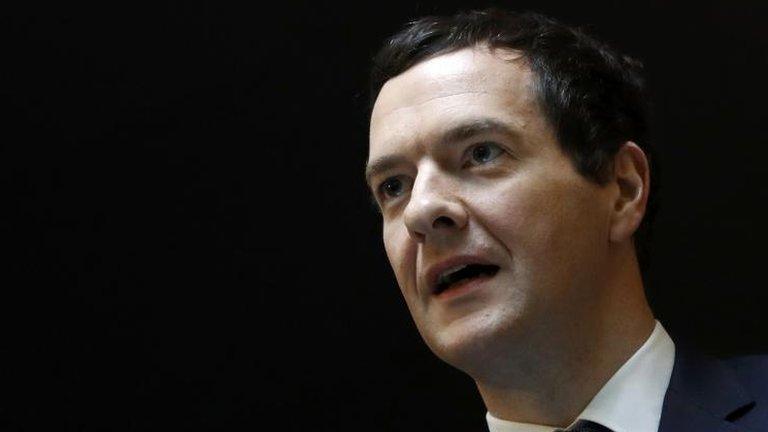George Osborne pledges a 'more global-facing Britain'
- Published
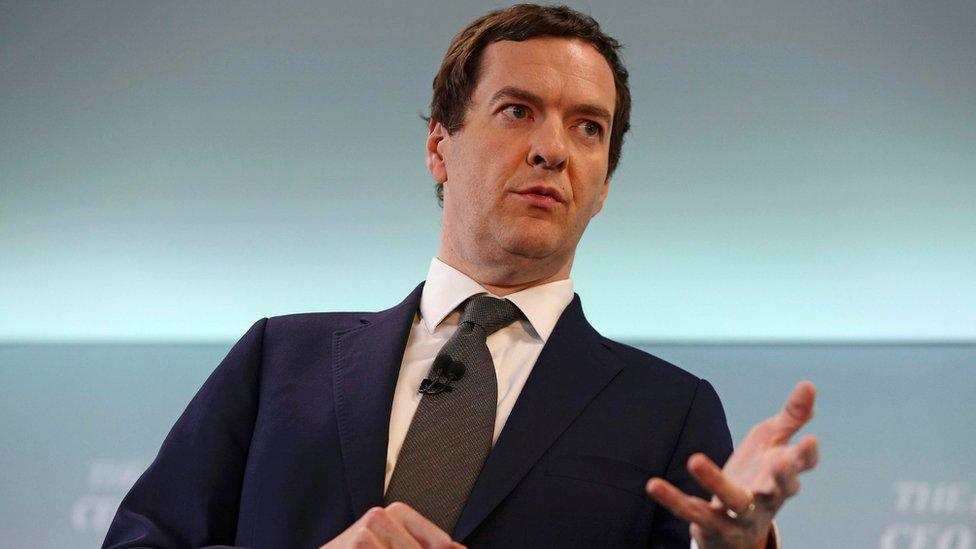
Chancellor George Osborne has vowed to create a "more outward-looking, global-facing Britain" following the UK vote to leave the European Union.
Even closer economic ties between the UK and US are in the "overwhelming interest of both countries", he has written in the Wall Street Journal.
Although the UK is leaving the EU, "we are not quitting the world", he said.
He is due to travel to New York, Singapore and China for talks with major investors in the coming weeks.
The UK is the largest trading partner in Europe for the United States, and in turn the US is the largest single destination for UK exports.
UK exports to the US totalled £88bn in 2014 - about 17% of total UK exports - and last year the UK was the US's sixth largest trading partner.
'Free trade beacon'
Brexit campaigners have argued that leaving the EU will allow the UK to strike its own trade deals with major economies and fast-growing countries.
Mr Osborne - who campaigned for the UK to stay in the EU - said: "While Britain's decision to leave the EU clearly presents economic challenges, we now have to do everything we can to make the UK the most attractive place in the world to do business.
"Britain and the US have been at the forefront of open trade in the last 200 years and pursuing a stronger relationship with our biggest trading partners is now a top priority.
"That's why I am travelling to the US, China and Singapore in the coming weeks and why my message to the world is that Britain may be leaving the EU, but we are not quitting the world."
The chancellor said the UK would continue to be "a beacon for free trade, democracy and security, more open to that world than ever".
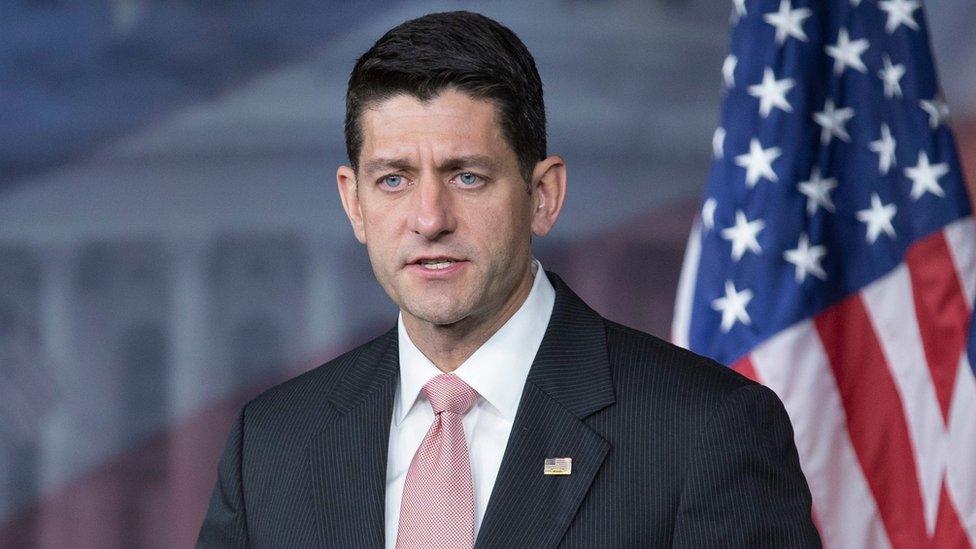
George Osborne has been speaking to US Speaker Paul Ryan
Mr Osborne will be meeting finance leaders in New York on Monday, and has spoken to Paul Ryan, speaker of the US House of Representatives, twice in recent weeks.
He will also meet US Treasury Secretary Jack Lew in London this week.
And in the Wall Street Journal he said the question now "is not what Britain is leaving; it is what Britain will become".
"One lesson of the referendum is that too many of our citizens feel economic progress is no longer benefiting them.
"Ever-higher welfare to make good lost incomes is not the answer; attracting private investment and good jobs beyond our major cities is.
"By managing day-to-day spending, we should commit to major investments in national infrastructure, including new roads, high-speed railways and digital networks."
- Published11 July 2016
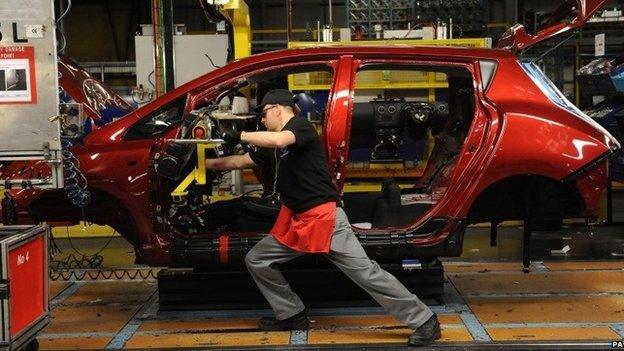
- Published8 July 2016
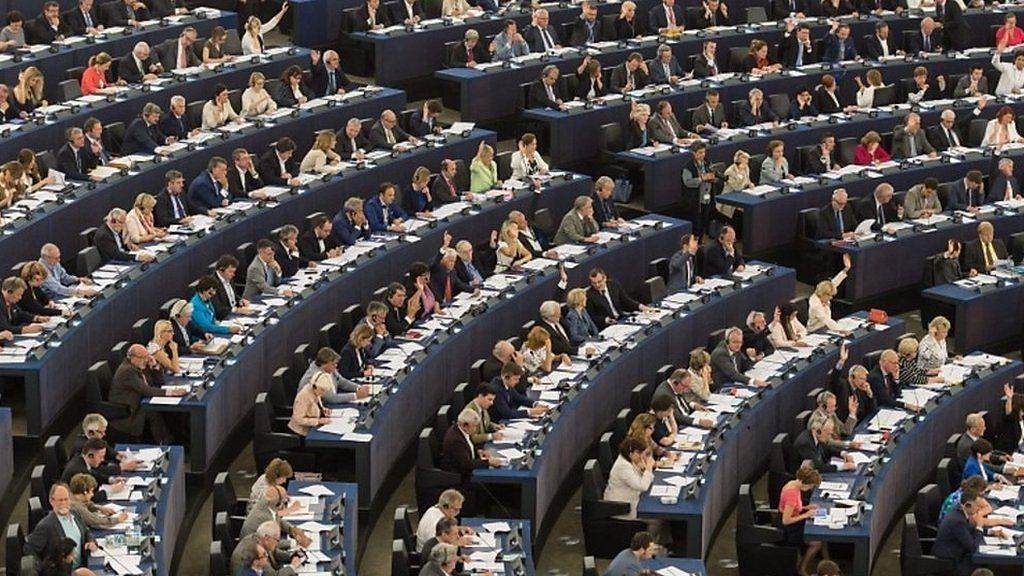
- Published5 July 2016
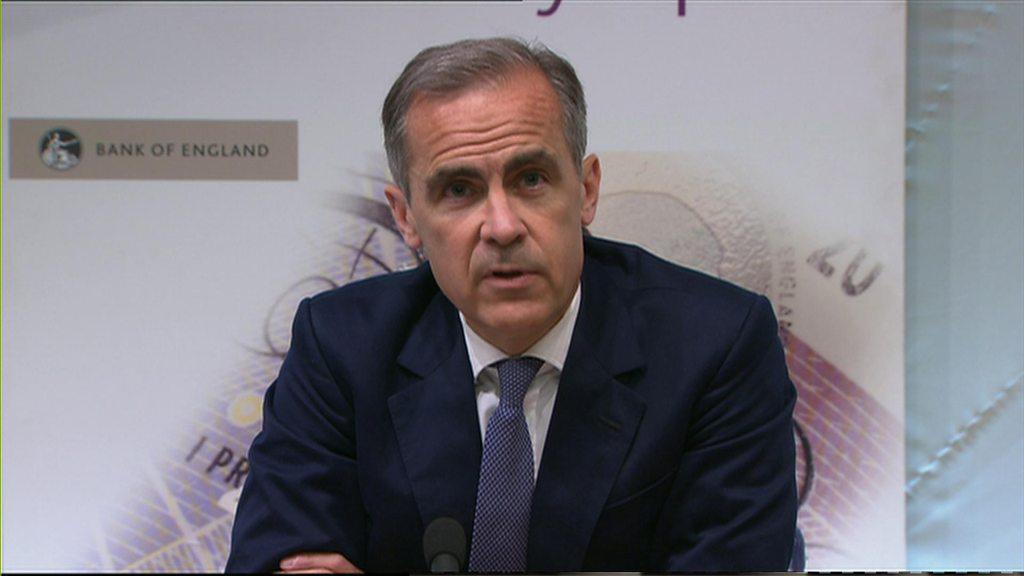
- Published4 July 2016
